Paying less for vaccines – marketing strategy or an answer to prayer?

The giant pharmaceutical company GlaxoSmithKline (GSK) has announced it will be making its Rotarix rotavirus vaccine available at a discount to the Global Alliance for Vaccines and Immunisations (GAVI).
Rotarix is vital in protecting against diarrhoeal diseases that kill more than half a million children a year. GSK is offering a 67 percent discount to the current public price. That brings its price down to £1.50 per dose, or £3 to fully immunize a child. In a series of initiatives responding to global health needs another major company, Merck, has also reduced the price on its rotavirus vaccine to £3 per dose. Additionally, India-based firms Serum Institute and Panacea Biotec will also be cutting the price that GAVI pays for pentavalent vaccines, which protect against diphtheria, tetanus, pertussis, hepatitis B, and Haemophilus influenzae type B.
By making vaccines against some of the commonest causes of death amongst children in the developing world available at a significantly lower price, the pharmaceutical industry is certainly making a big difference. Many tens or even hundreds of thousands of young lives may be saved in the coming few years as a result of what GSK is calling its ‘new business model’ of differential pricing between rich, middle income and low income countries. Let’s hope this is part of a genuinely new approach to funding vaccines and medicines for the developing world, and not just a bit of high profile ‘Corporate Social Responsibility’ PR grandstanding.
GAVI is a major initiative to reduce the prevalence of common diseases amongst the world’s poor by funding vaccination programmes and research into new vaccines, but it has not been without its critics. Why? So much of its funding is spent on vaccines bought at high cost from pharmaceutical companies (several of which sit on its board) meaning that its vaccination programmes are built on an unsustainable model that require constant ramp ups of funding from the international community. However, these recent initiatives may be the first of several steps towards reducing the current £2.2 billion funding shortfall faced by GAVI.
There is something profoundly biblical in an approach where those who can afford to pay subsidise those who cannot, so we can only applaud this step. But let us hope, for the sake of the health of the world’s poor that this is the pharmaceutical industry genuinely rethinking its marketing, pricing, research and development strategies to include the developing world far more equitably.

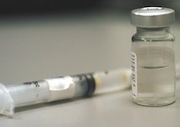
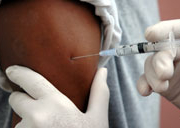

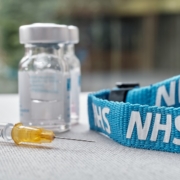

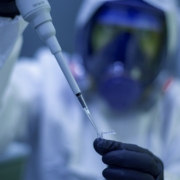

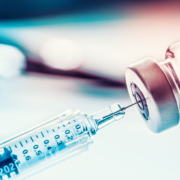
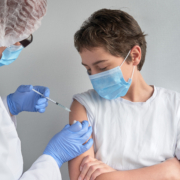


Leave a Reply
Want to join the discussion?Feel free to contribute!